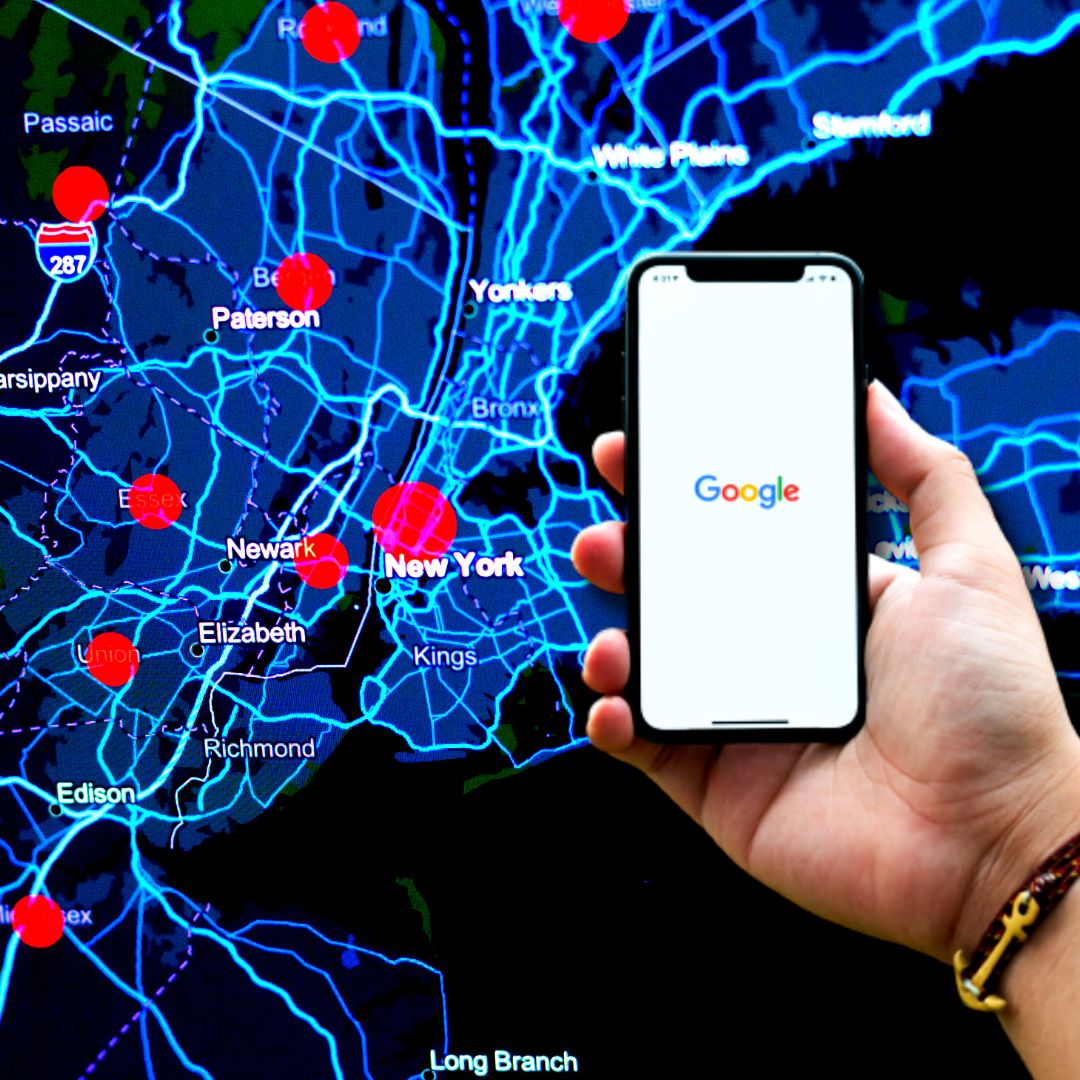Secured Privacy! Google Set To Delete Users' Location History If They Visit US Abortion Clinics- Here's Why
Writer: Snehadri Sarkar
While he is a massive sports fanatic, his interest also lies in mainstream news and nitpicking trending and less talked about everyday issues.
Others/World, 2 July 2022 5:58 AM GMT
Editor : Ankita Singh |
A literature lover who likes delving deeper into a wide range of societal issues and expresses her opinions about the same. Keeps looking for best-read recommendations while enjoying her coffee and tea.
Creatives : Snehadri Sarkar
While he is a massive sports fanatic, his interest also lies in mainstream news and nitpicking trending and less talked about everyday issues.
This announcement came only a week after the US Supreme Court passed the landmark judgment to strip American women of constitutional abortion rights, leading numerous states to ban or massively restrict the procedure and prompting mass protests all over America.
Google officially announced on July 1 that it would delete its users' location history when visiting domestic violence shelters, abortion clinics and other places where privacy is sought. "If our systems identify that someone has visited one of these places, we will delete these entries from Location History soon after they visit," Jen Fitzpatrick, a senior vice president at Google, was quoted as saying by NDTV. Other areas from which Google would now not store location data include weight loss clinics, addiction treatment facilities and fertility centres.
Change To Come Into Effect In The Coming Weeks!
This announcement came only a week after the US Supreme Court passed the landmark judgment to strip American women of constitutional abortion rights, leading numerous states to ban or massively restrict the procedure and prompting mass protests all over America.
Politicians and activists have all been calling on Google and other top tech goliaths to restrict the amount of information they collect in order to avoid it from being used by law enforcement for abortion investigations and prosecutions. Furthermore, Fitzpatrick also reassured people that the company takes data privacy very seriously.
"Google has a long track record of pushing back on overly broad demands from law enforcement, including objecting to some demands entirely," she said.
Online Privacy
Fitzpatrick added that Google considers the security and privacy expectations of its users using their products and informs people when they comply with government demands.
Worries over smartphone data and reproductive rights appeared even before the Supreme Court ruling when numerous conservative US states in the past months officially passed laws that give members of the public the liberty to sue doctors who perform abortions -- or individuals who help facilitate them.
That led a group of top Democratic lawmakers in May to send a letter to Google chief executive Sundar Pichai, asking him to stop collecting smartphone location data lest it become "a tool for far-right extremists looking to crack down on people seeking reproductive health care."
Also Read: Mumbai: Eknath Shinde-Led Maharashtra Govt To Bring Back Metro Car Shed Back To Aarey
 All section
All section















